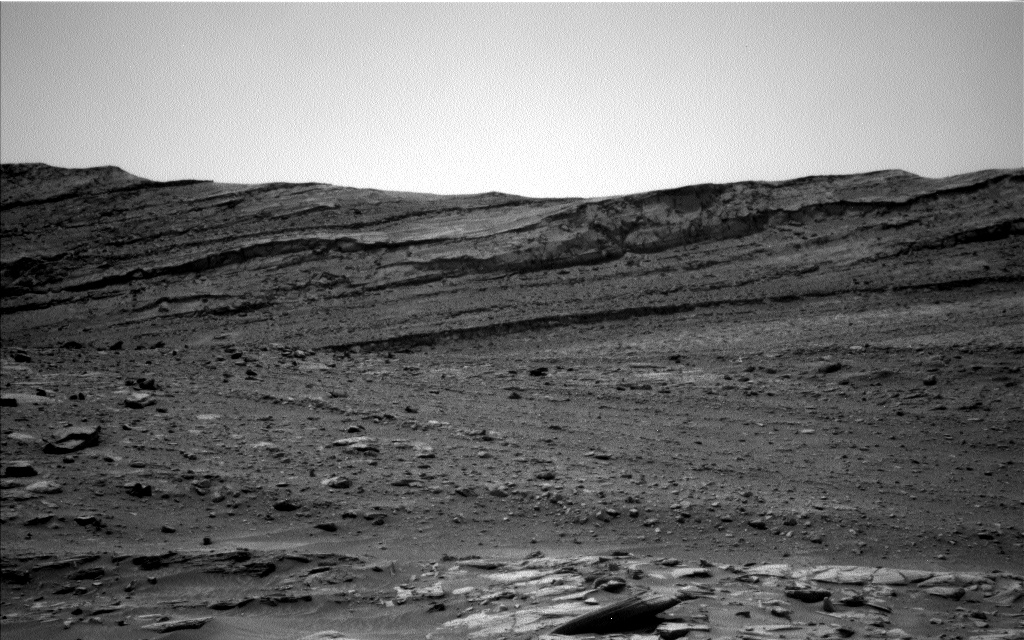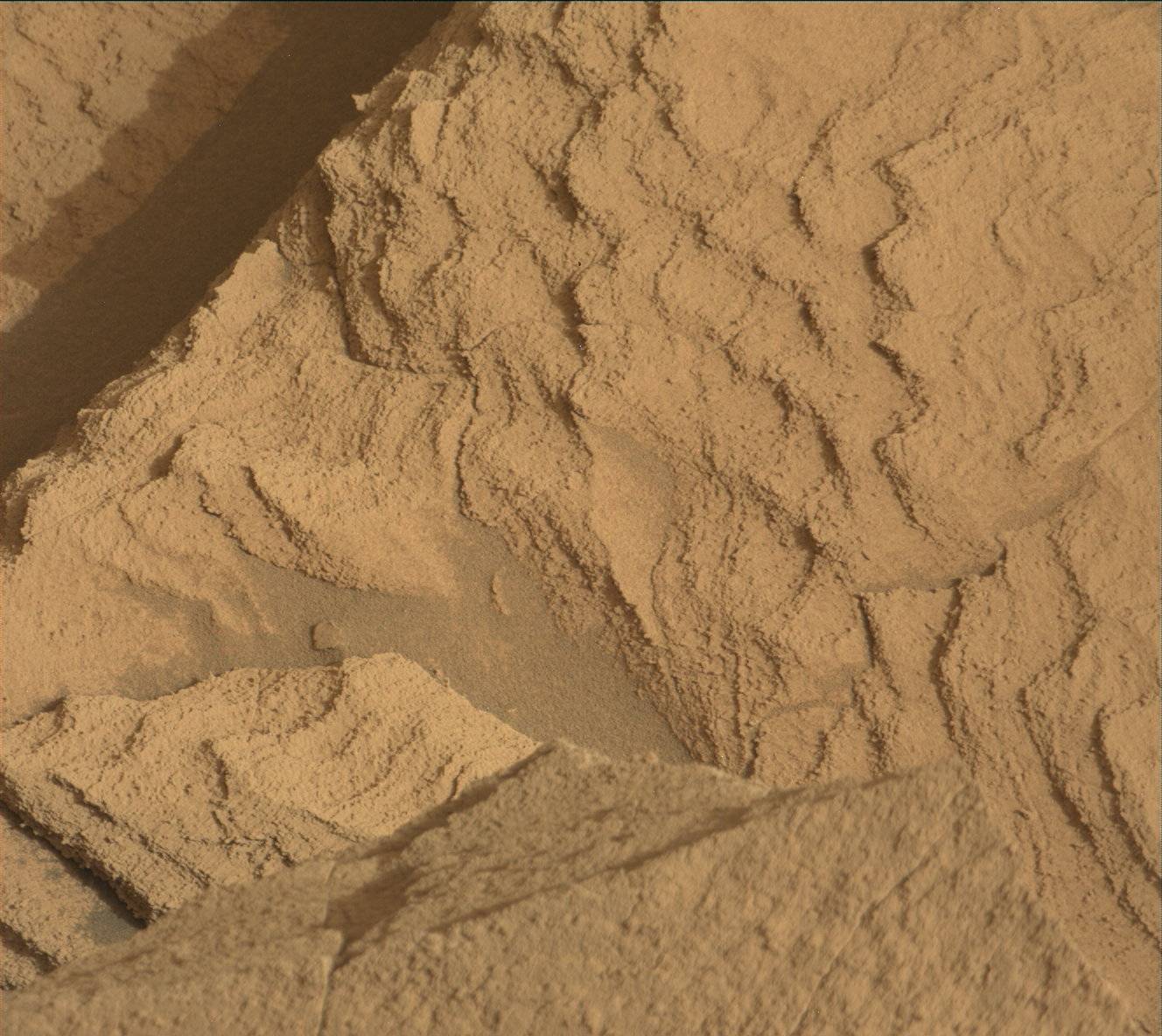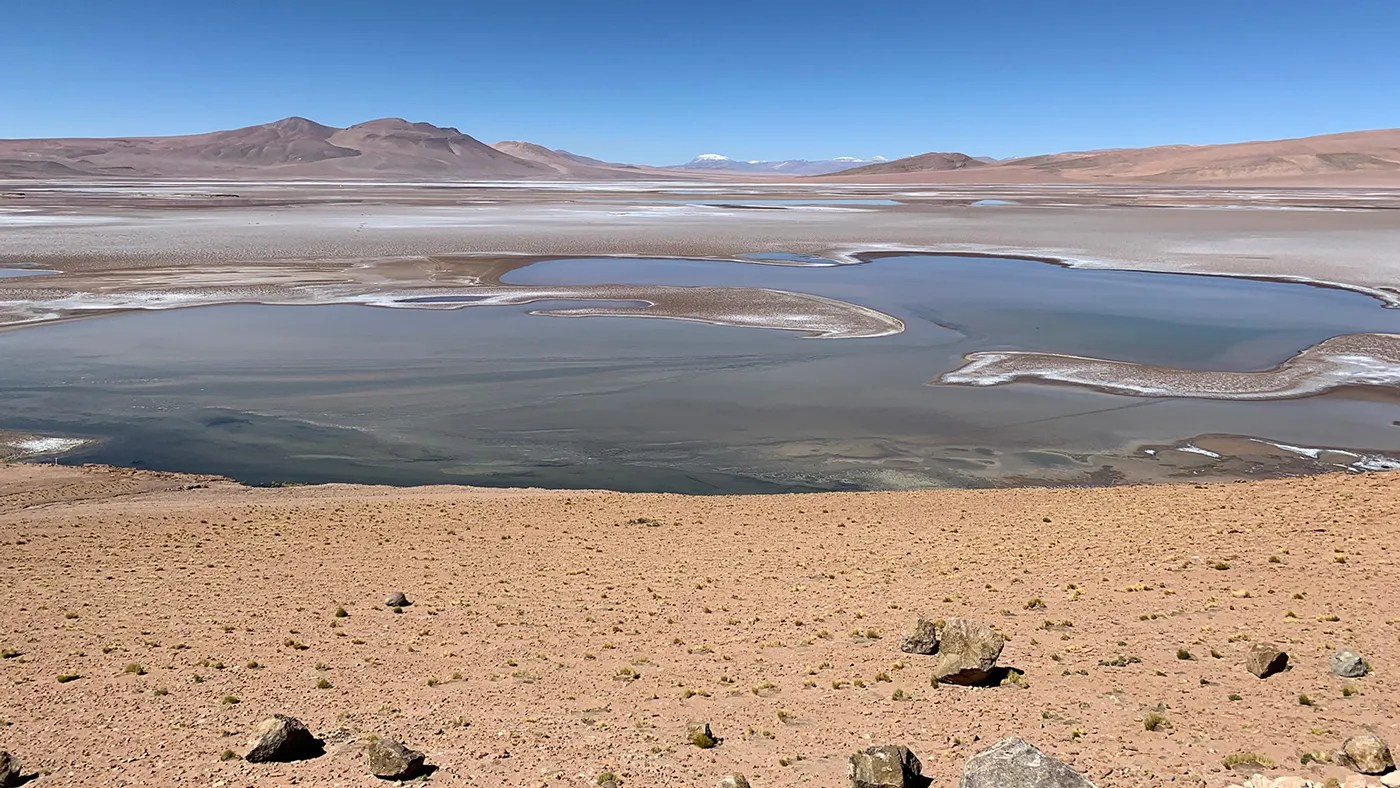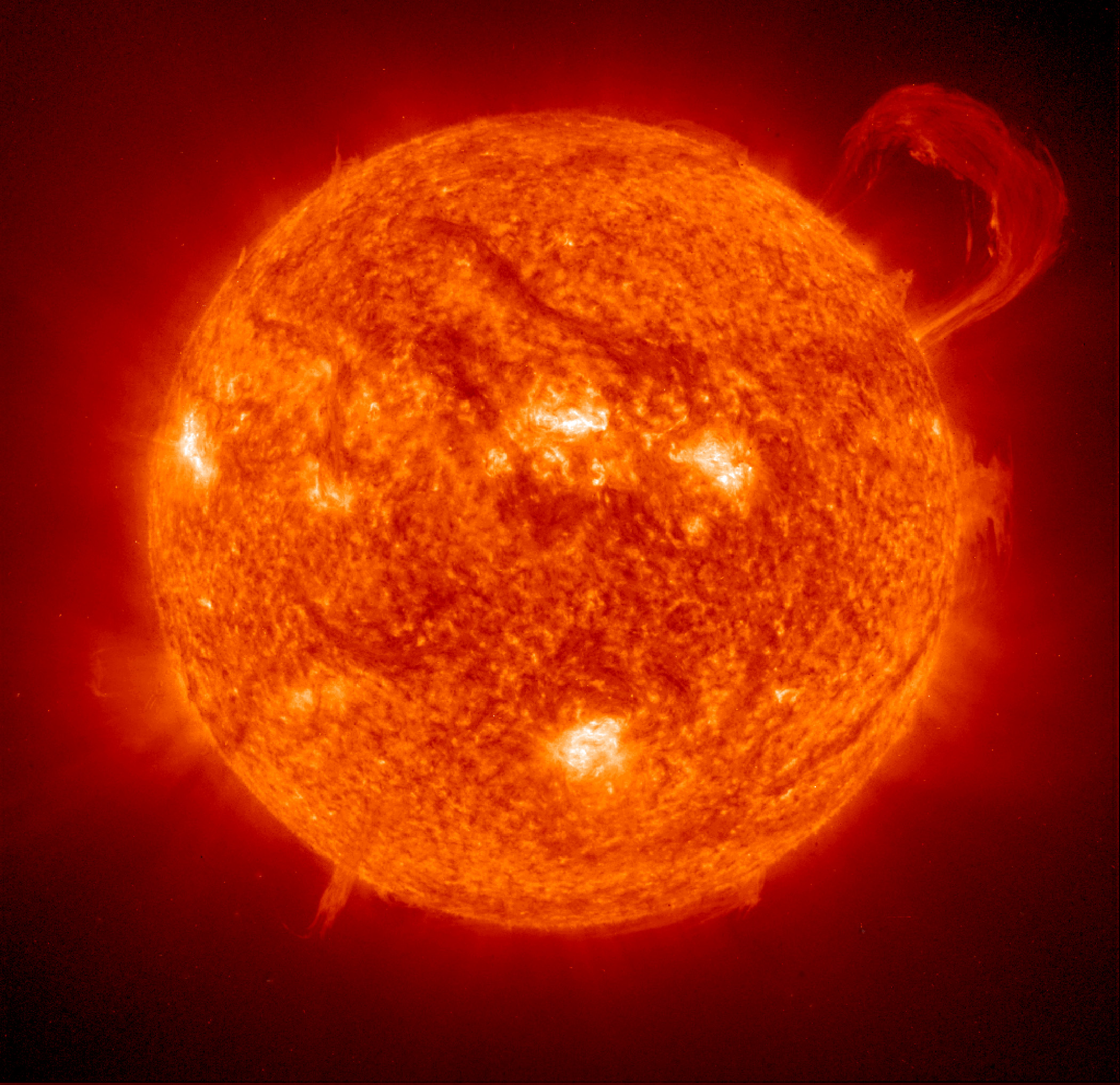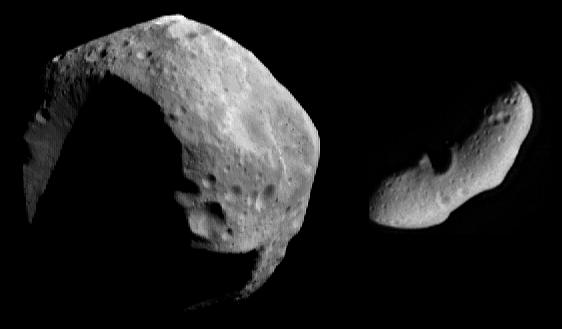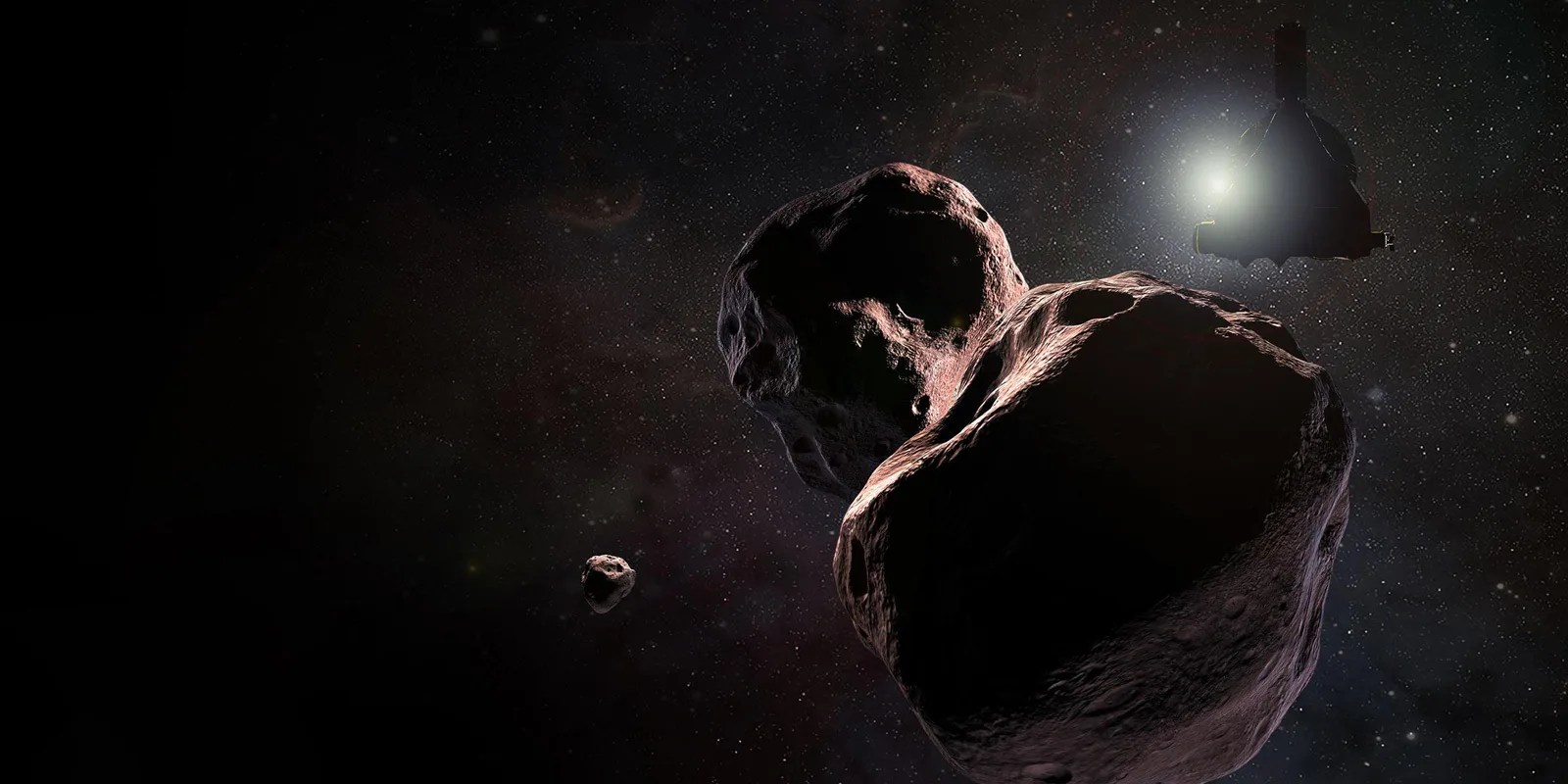2 min read
The Tip Off - Office of Naval Research
http://www.onr.navy.mil/onr/newsrel/to0109.htm#ocean
Things are crackling on the giant Jovian moon, Europa, and a group of earth-bound ocean scientists funded by the Office of Naval Research are intrigued... could Jupiter's Europa be hiding an ocean of water under that icy surface? A salty ocean... larger than all the oceans of the earth combined? The potential for an ocean on Europa makes it one of the best bets in our solar system for life as we know it.
According to ocean scientists at MIT, it seems that massive ice fractures occur on Europa daily - about once every 30 seconds as a matter of fact. Such a phenomenon would generate some very unusual effects, including cracking sounds that could be used to probe the interior structure of Europa.
Using the same acoustic techniques that Navy ships use to determine water depth and that seismologists use to probe the interior structure of the Earth, Professor Nick Makris and his MIT team propose that we start thinking now about deploying an array of vibration-sensitive acoustic sensors on Europa's surface.
Terrestrial ice mechanics studies show that the vibrations created when ice fractures produce sound waves that can penetrate the thick ice layer and propagate for hundreds of kilometers through the underlying ocean.
Acoustic sensors deployed on the surface of Europa could pick up echoes from the bottom of the ice layer and the bottom of the ocean. By studying these echoes one could establish the existence and depth of the ocean as well as the ice layer.
"It's amazing that research in ocean acoustics may also benefit the search for extra-terrestrial life," observes Dr. Jeff Simmen, ONR's Program Manager for Ocean Acoustics.
The Office of Naval Research has been in the forefront of ocean acoustics studies for the last 50 years.
"Such a possibility {deploying an array of vibration-sensitive acoustic sensors on Europa's surface} is at least 10 years away," remarks Makris, "But planning for it has already begun." NASA plans a Europa Orbiter mission in 2008, and a Europa landing mission will follow that.
For more information on this ONR-funded program, or to interview Simmens or Makris, call Gail Cleere at 703-696-4987 or email cleereg@onr.navy.mil
Contact: Gail Susan Cleere
cleereg@onr.navy.mil
703-696-4987
Office of Naval Research

